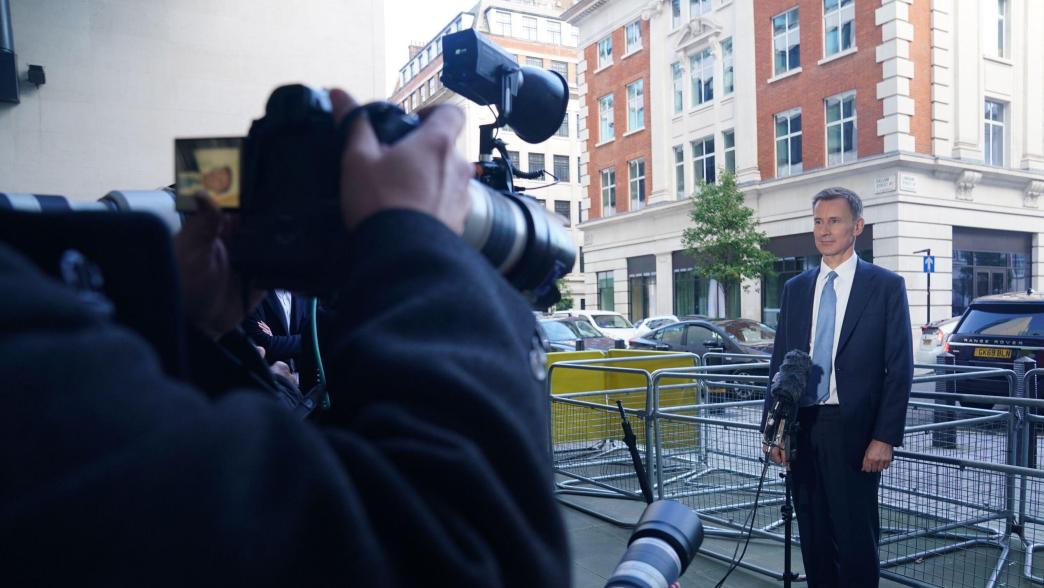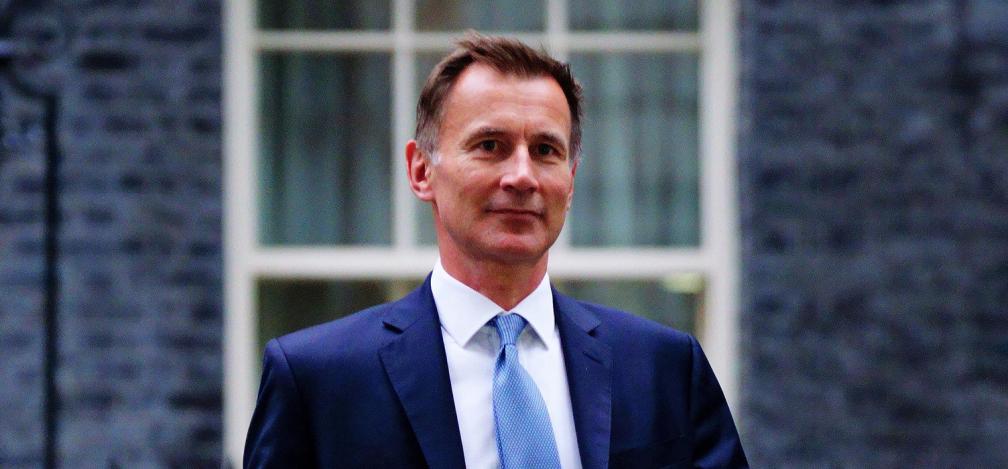Autumn statement frenzy shows why we should only have one fiscal event a year
Jeremy Hunt should hold on to his reputation for economic competence.

The briefing frenzy about the autumn statement shows why we should revert to the commitment to only one major fiscal event a year, argues Jill Rutter
Autumn statement 2023
What are the key choices facing Jeremy Hunt? See our commentary, podcasts and events on the chancellor's tax and spending plans.
Find out more